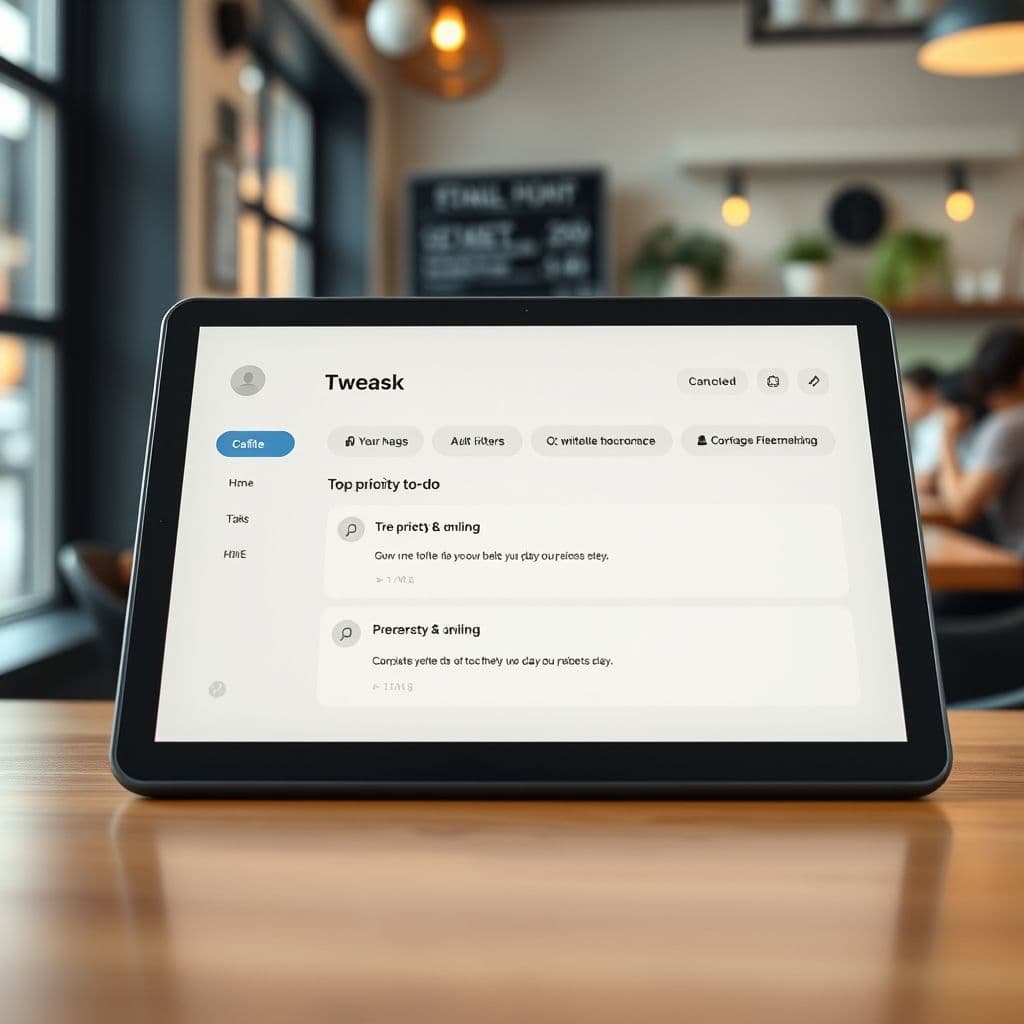The Power of Three: How Limiting Daily Tasks Can Boost Your Productivity

In a world where to-do lists seem to grow endlessly, many of us struggle with the overwhelming feeling of never accomplishing enough. The comments on a viral TikTok video reveal a common pain point: the inability to prioritize daily tasks effectively. Users share their frustrations with long lists that lead to guilt and unproductivity. But what if the solution lies in simplicity? What if limiting yourself to just three key tasks each day could be the game-changer you need?
The Problem: Task Overload and Prioritization Struggles
Many people start their days with long to-do lists, only to end them feeling defeated and guilty for not completing everything. This cycle of overwhelm is a common productivity killer. Users in the comments express how shifting their focus to just one or three key tasks transformed their sense of accomplishment. The issue isn't a lack of effort—it's the lack of effective prioritization. When everything feels important, nothing truly gets the attention it deserves.

Idea of SaaS: A Tool for Focused Task Prioritization
Imagine a SaaS tool designed to help users cut through the noise and focus on what truly matters each day. This hypothetical tool would limit users to selecting only three key tasks daily, forcing them to prioritize effectively. It could integrate with existing task managers or calendars, providing a clean, distraction-free interface that highlights these top priorities. Features might include progress tracking, reminders, and the ability to roll over unfinished tasks to the next day—but only if they remain in the top three.
The tool could also offer analytics to show users how often they complete their top tasks and how this impacts their overall productivity. By gamifying the experience—perhaps with streaks or rewards for consistent completion—it could motivate users to stick with the habit. The key differentiator would be its enforced simplicity, helping users avoid the common pitfall of overloading their daily lists.

Potential Use Cases
This tool could benefit a wide range of users. Busy professionals could use it to ensure they focus on high-impact work rather than getting bogged down in emails and meetings. Students might find it helpful for balancing coursework, extracurriculars, and personal time. Entrepreneurs, like one commenter who mentioned launching a startup, could use it to maintain steady progress on their goals without feeling overwhelmed by the big picture.
Conclusion
The idea of limiting daily tasks to just three might seem too simple at first, but the comments and experiences shared online suggest it's a powerful productivity hack. A SaaS tool built around this concept could help users worldwide break free from the cycle of task overload and guilt. By enforcing focus and prioritization, it could transform how people approach their daily to-do lists—one small, manageable step at a time.
Frequently Asked Questions
- How difficult would it be to develop this SaaS idea?
- The technical complexity would depend on the features included. A basic version focusing on task prioritization could be relatively straightforward to build, while advanced analytics and integrations would require more development resources. The key challenge would be designing an interface that enforces simplicity without feeling restrictive.
- Could this tool integrate with existing productivity apps?
- In theory, yes. Many productivity apps offer APIs that could allow for synchronization of tasks. The hypothetical tool could pull tasks from other platforms but would enforce the three-task limit in its own interface, creating a focused layer on top of existing systems.
- What about people who genuinely need to complete more than three tasks daily?
- The tool could offer flexibility—for instance, allowing users to mark some tasks as 'bonus' items that don't count toward their core three. However, the psychological benefit comes from having a small, manageable number of must-do priorities each day.


